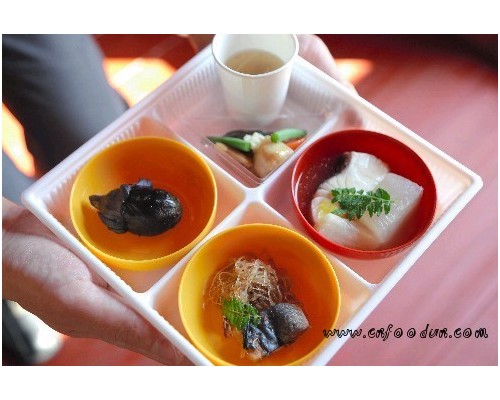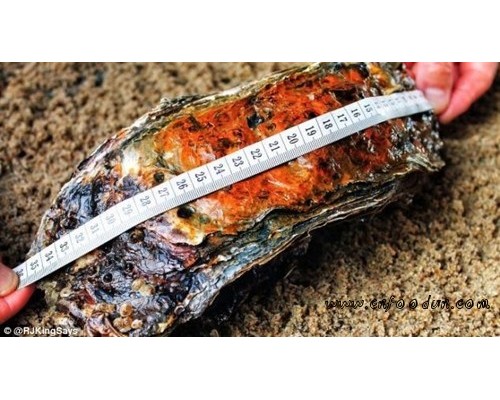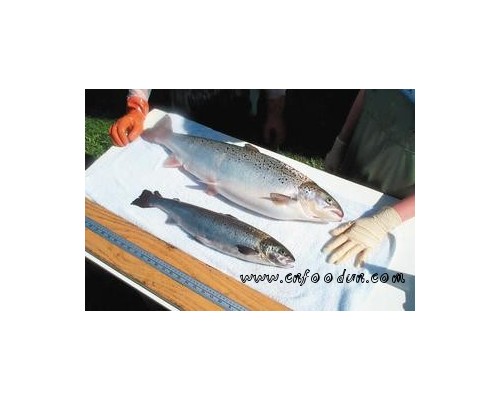
食品伙伴网讯 据美国食品安全新闻网报道,欧盟成员国对美国《食品安全现代化法案》的部分内容持异议,这主要表现在第三方审计、检查、外源供应确认程序三方面。
原文报道如下:
In implementing its new Food Safety Modernization Act (FSMA), the United States wants to boldly go where no government has gone before in protecting food imports, but the European Union (EU) doesn't like it.
Carlos Alvarez Antolinez, an EU food safety official stationed in Washington D.C., told the International Association for Food Protection (IAFP) Monday that the 27 member EU countries he represents has some significant issues with FSMA.
Third party auditing, inspections, and foreign supply verification procedures top the list of the EU's concerns with the new U.S. law. With governmental authority for a continent of 500 million people speaking 28 languages, the EU is also in a position to stop what it does not like.
"We have been very grateful to the U.S. Food and Drug Administration (FDA)," Antolinez said. He said the EU has remained in constant dialogue with FDA since President Obama signed the new food safety law in January 2011, and seemed to suggest somewhat humorously that the U.S. and the EU might be more at impasse if the American government were further along in implementing the new law.
FDA has drafted the implementing regulations, but the White House's Executive Office of Management and Budget (OMB) have held those up for months.
The EU is concerned that with the FSMA, the U.S. will be reaching out to inpidual companies in its member countries rather than maintaining a "government-to-government" approach for ensuring food safety, Antolinez says.
"Our concern is about duplication of controls," he says.
He suggested that U.S. plans for third party auditing are going to run up against some immediate limitations involving both the physical and institutional environment. He said the EU's system is based on national authorities and official controls.
"We honestly feel this is how it should be," Antolinez added.
The EU's approach is to audit national authorities of member nations, not inpidual companies. He suggested that with the EU - the largest market for food in the world - doing only 3 or 4 audits a year in the U.S. that there would be a large asymmetry if FDA were allowed to audit hundreds of inpidual European companies.
Also, FDA's authority to charge companies being audited for the service probably is not going to go over in Europe. "We don't charge for inspections," says Antolinez.
European and American food laws are at their roots largely the same, Antolinez said. He said the EU's food law was "dramatically changed" in the late 1990s and has been based on food of animal origins being of greater risk than plants.
Because of the similarities between the two bodies of food law, Antolinez is hopeful that solutions can be reached between the EU and U.S. as the Food Safety Modernization Act moves down the road.
IAFP also heard from Jenny Scott, one of the FDA officials responsible for implementing the new law and from Pamela Wilger, Cargill's expert on third party certifications and foreign supplier verifications.
The FSMA talks came on the second day of IAFP annual meeting being held this year at the Rhode Island State Convention Center in Providence. The international food safety meetings continue through late Wednesday.
原文链接:<http://www.foodsafetynews.com/2012/07/eu-doesnt-like-much-of-food-safety-modernization-act/>







